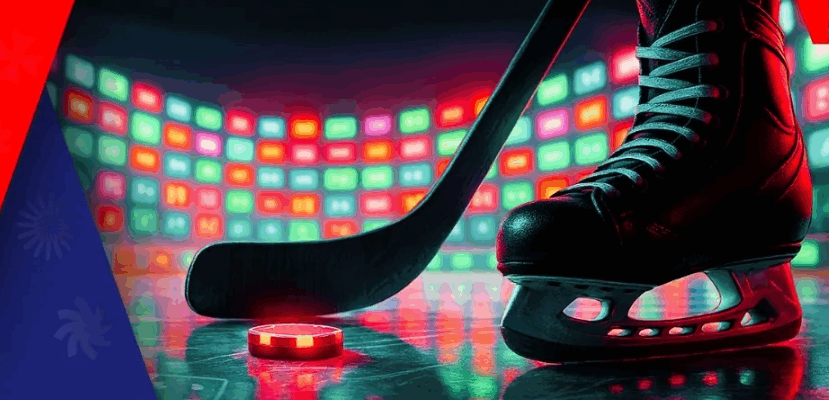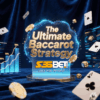Violators risk ASA rulings, public naming, and potential license reviews by the Gambling Commission. In July 2025, ASA upheld a complaint against Hollywoodbets for an ad shown on an esports site that reached a 16-year-old, reinforcing operator liability for third-party marketing.
NHL Study Sparks Debate on Sports Betting Advertising Landscape

By David Gravel | Translated by Siyu He | September 10, 2025
A new joint study by the University of Bristol and The Guardian has reignited the debate over sports betting advertising, revealing stark contrasts between the NHL Stanley Cup Finals and the NBA Finals.
Researchers found that broadcasts of the Stanley Cup Finals averaged 3.5 gambling-related messages per minute, peaking at 4.7 per minute—roughly one every 13 seconds. By comparison, the NBA Finals featured just 0.26 gambling references per minute.
The findings have raised questions about why two U.S. leagues operating under the same legal framework adopt such drastically different sponsorship strategies.
UK Tightens Gambling Ad Rules
The timing of the study coincided with the UK’s expanded CAP Code, which came into effect on September 1, 2025. For the first time, all licensed operators targeting UK consumers, regardless of their location, must comply with UK advertising standards.
Violators risk ASA rulings, public naming, and potential license reviews by the Gambling Commission. In July 2025, ASA upheld a complaint against Hollywoodbets for an ad shown on an esports site that reached a 16-year-old, reinforcing operator liability for third-party marketing.
The CAP Code expansion has forced operators to re-label and adjust creative materials across social media, apps, and owned media, adding age warnings and responsible gambling messages. Compliance costs now run £10,000–£20,000 per campaign, with some large brands budgeting six figures annually for staff and technology.
NHL’s Growing Reliance on Sponsorship
The 2025–26 NHL season began with a record number of betting partnerships. The Edmonton Oilers and Calgary Flames both launched jersey sponsorships with Play Alberta, paired with in-arena GameSense messaging.
Fan opinions remain divided. A 2024 survey of 3,000 NHL fans found 50% of Anaheim Ducks fans supported betting sponsorships, while 44.8% of Vancouver Canucks fans opposed them. Such polarization underscores cultural sensitivities around gambling in sports.
In contrast, the NBA’s more restrained approach reflects a pivot toward digital platforms like YouTube and social media, where stricter advertising policies apply. In the study’s sample of 13 games, the NHL accounted for 94% of gambling references, while the NBA accounted for just 6%.
A Shifting Sponsorship Model
Observers believe this platform shift may foreshadow the future of sports betting advertising: less reliance on static in-venue logos and more focus on controlled, targeted digital campaigns.
For suppliers and agencies, the new environment means compliance is no longer optional. Demand is rising for automated ad review tools and content monitoring systems, turning what was once a “value-add service” into a core industry necessity.
Global Momentum for Stricter Oversight
While the Bristol study has sparked debate in the UK, regulators in Australia and the EU are facing similar concerns about advertising saturation and youth exposure. The European Parliament’s Petitions Committee will revisit gambling ad regulations later in 2025.
The study also revealed that just 3.9% of gambling messages included harm-reduction content, and only 3.7% carried age warnings—figures critics say fall far short of responsible standards.
The American Gaming Association countered by noting that betting ads make up less than 1% of total U.S. TV advertising, pointing to voluntary codes that restrict targeting under-21 audiences. But campaigners argue averages mask the reality: for NHL fans, the saturation can feel overwhelming.












